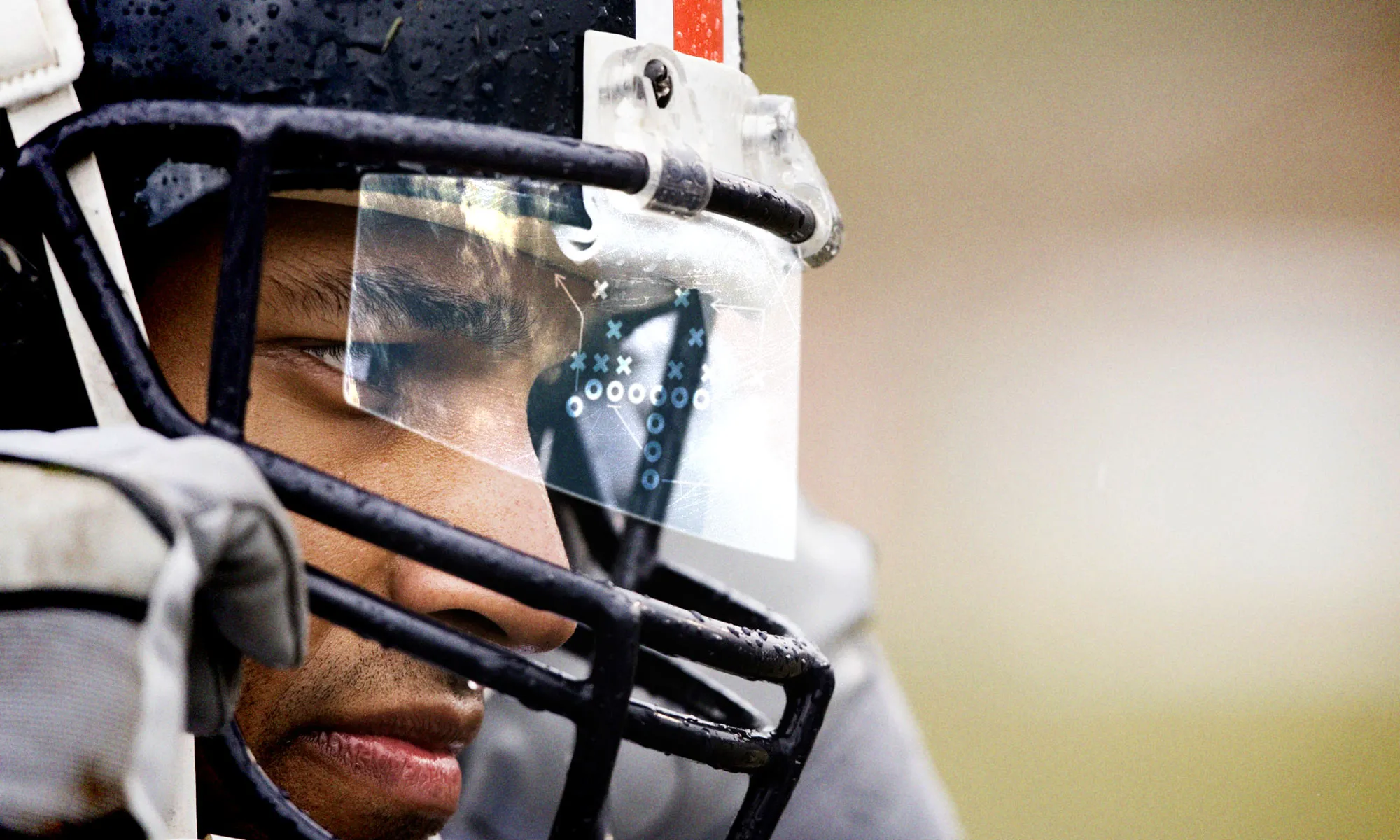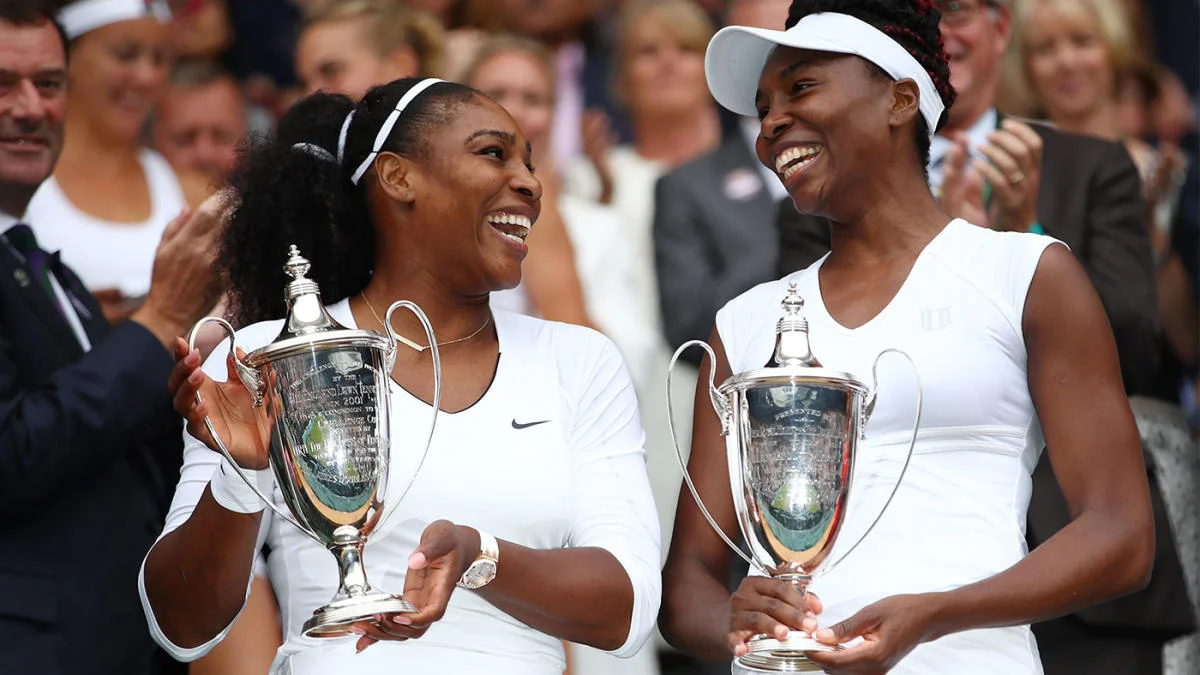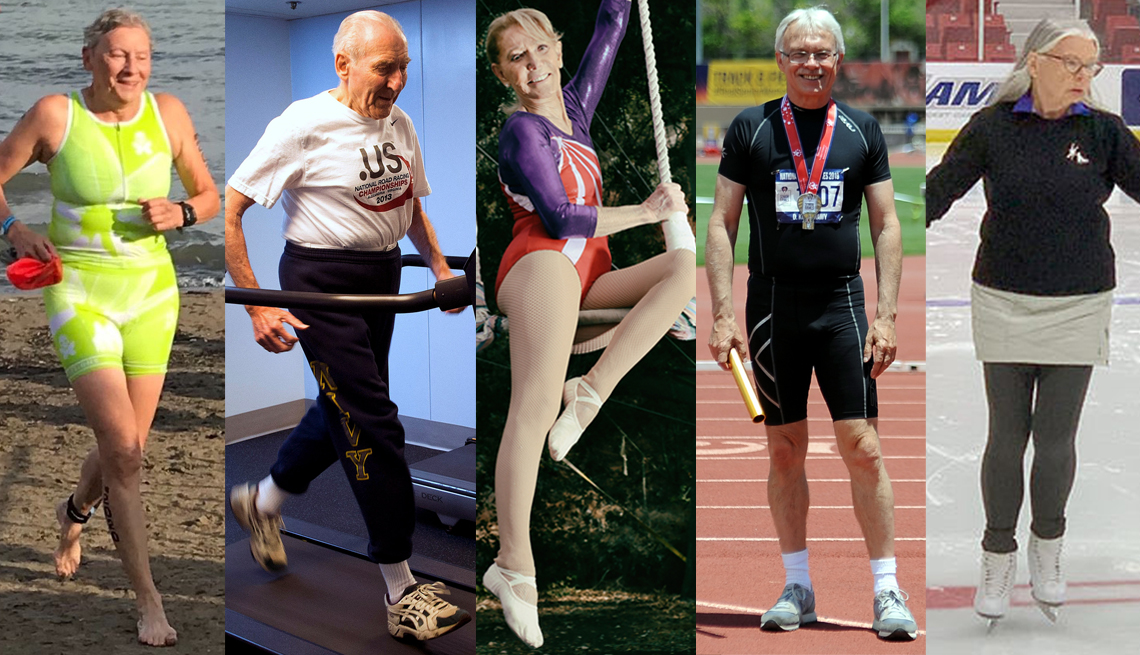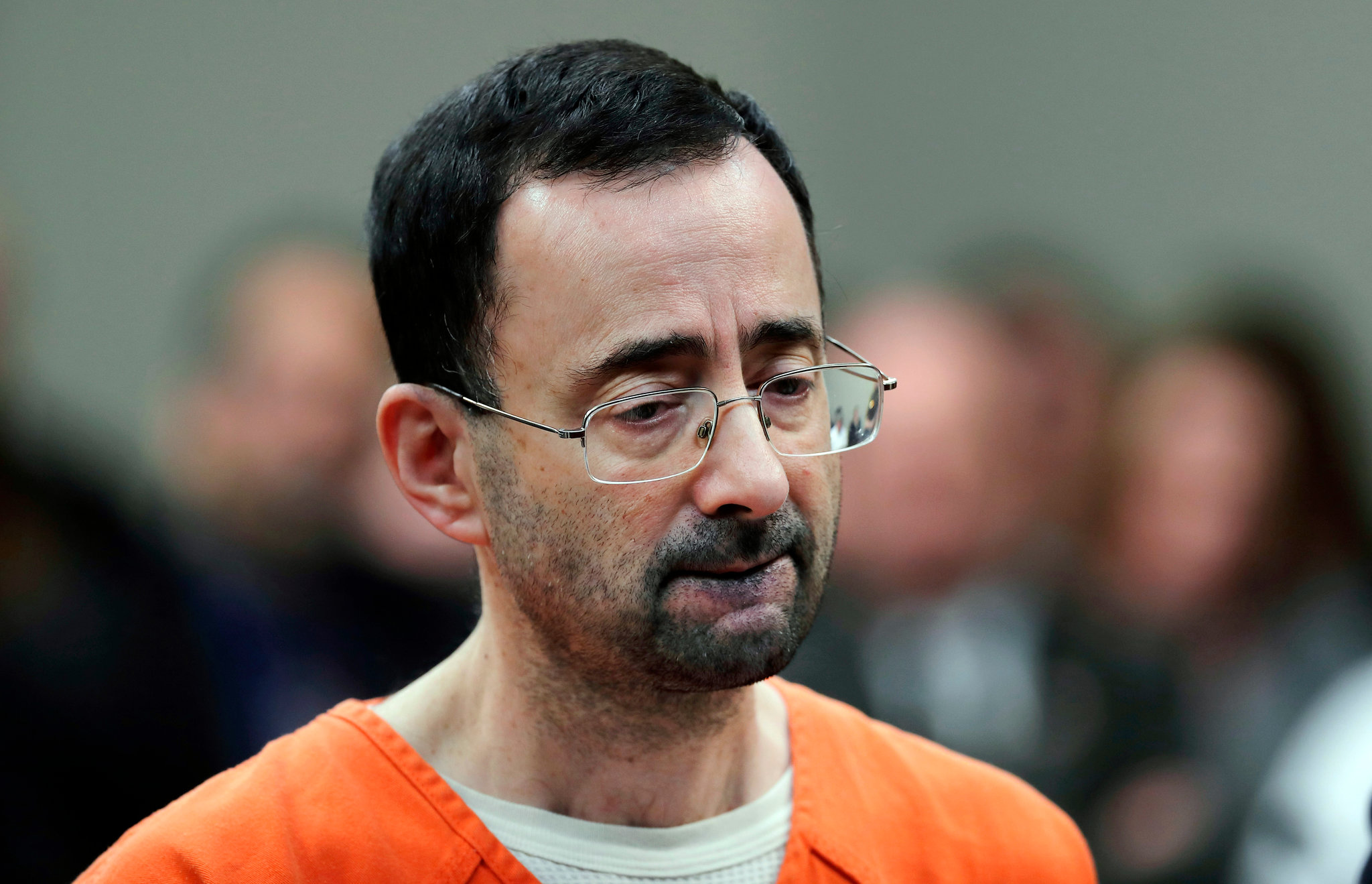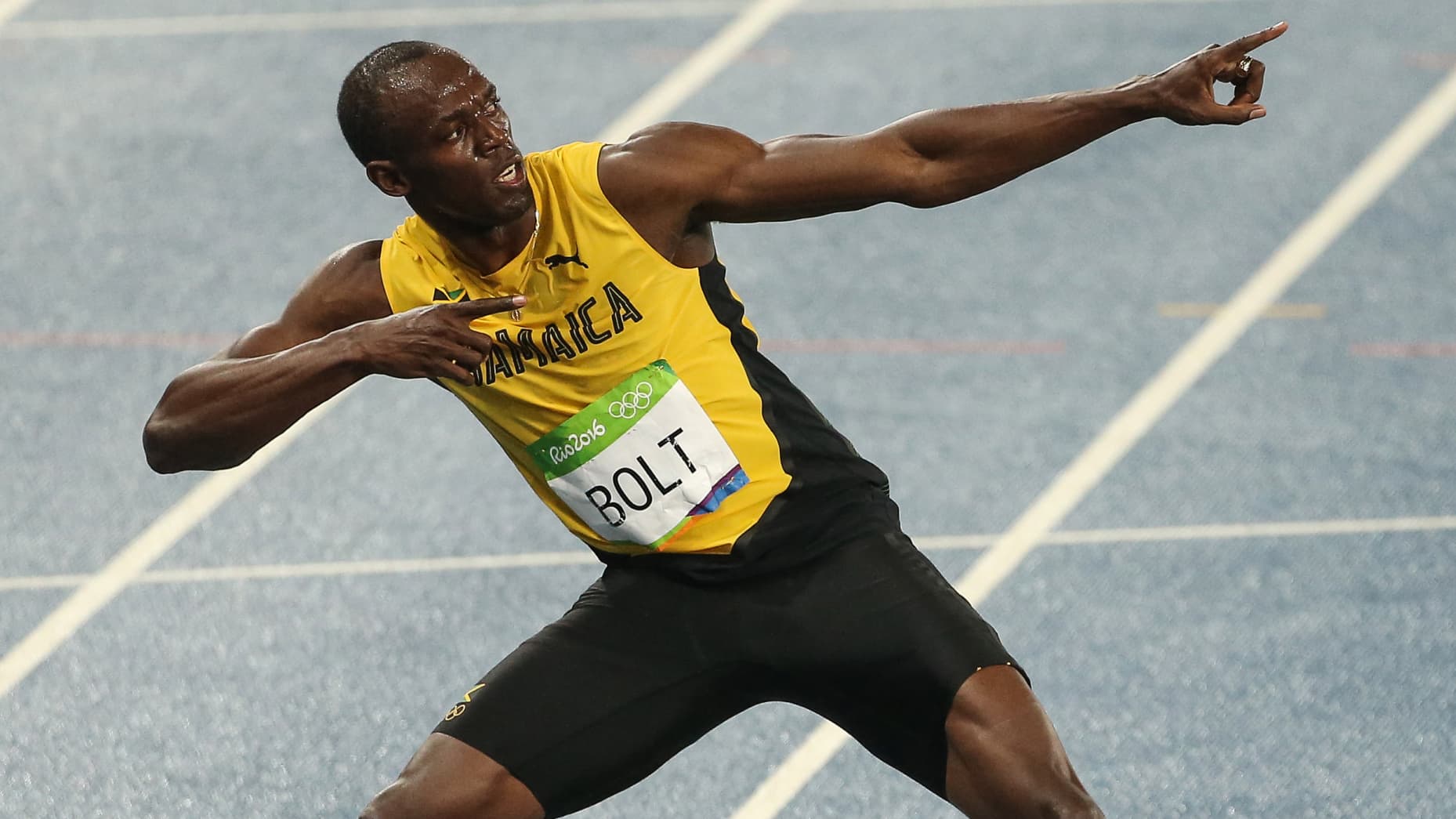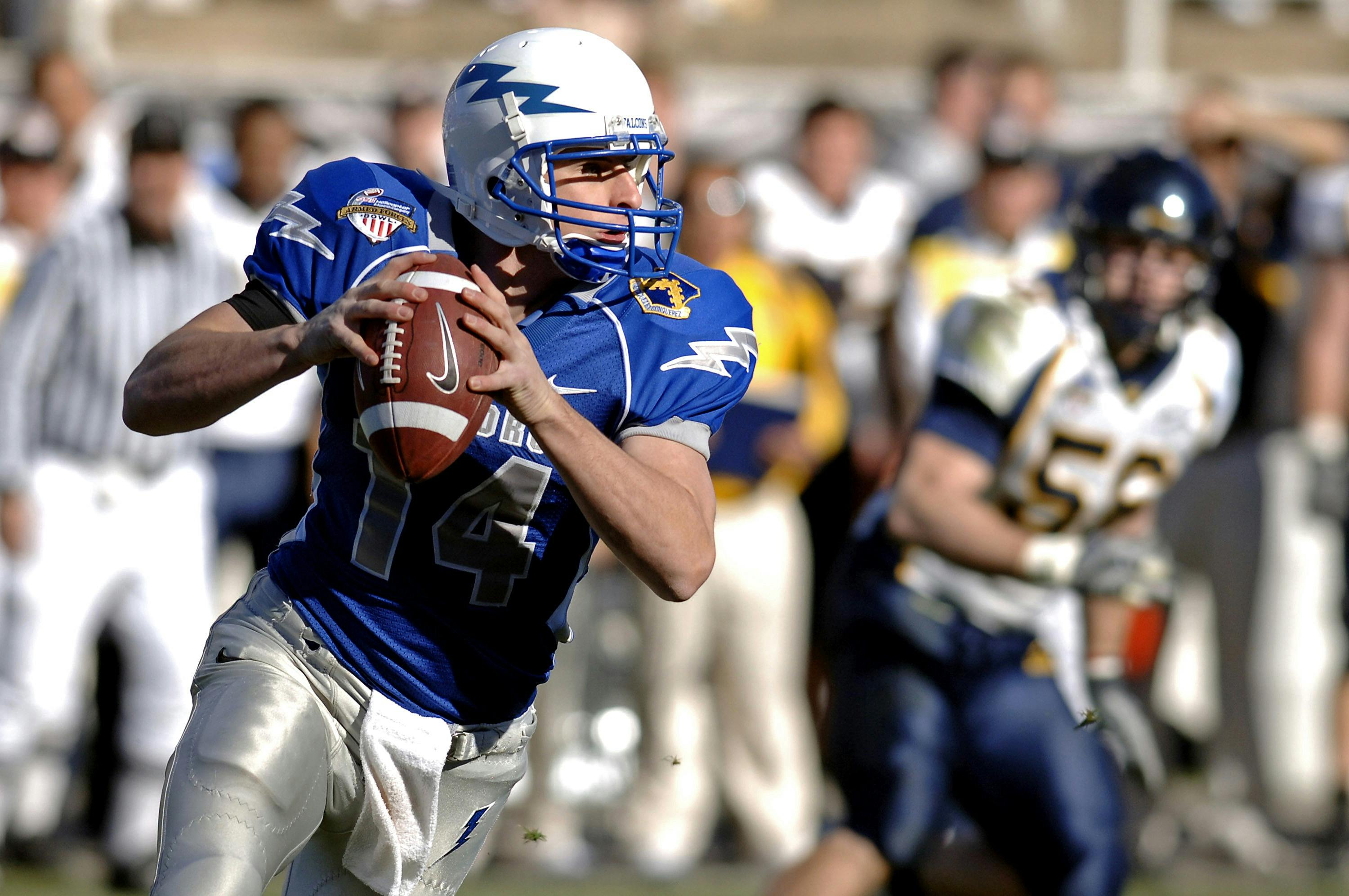Crashing Giants: Eighteen Stirring Incidents Where Politics and Sports Share the Same Field
The world of sports is often viewed as a separate entity from politics. However, there have been numerous instances where the two have collided, resulting in significant historical moments. This article delves into eighteen of these stirring incidents where politics and sports share the same field. These incidents highlight the intricate relationship between sports and politics, demonstrating how they can influence each other and shape society. We will explore these events chronologically, providing a comprehensive view of this fascinating intersection.
The 1936 Berlin Olympics
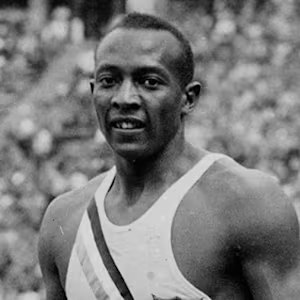
The 1936 Berlin Olympics was a political event disguised as a sporting event. Adolf Hitler saw it as an opportunity to showcase Nazi Germany's racial superiority. However, African-American athlete Jesse Owens turned the tables, winning four gold medals and shattering Hitler's Aryan supremacy myth. Owens' victories were not just a personal triumph but a political statement against racial prejudice.
The 1968 Mexico City Olympics
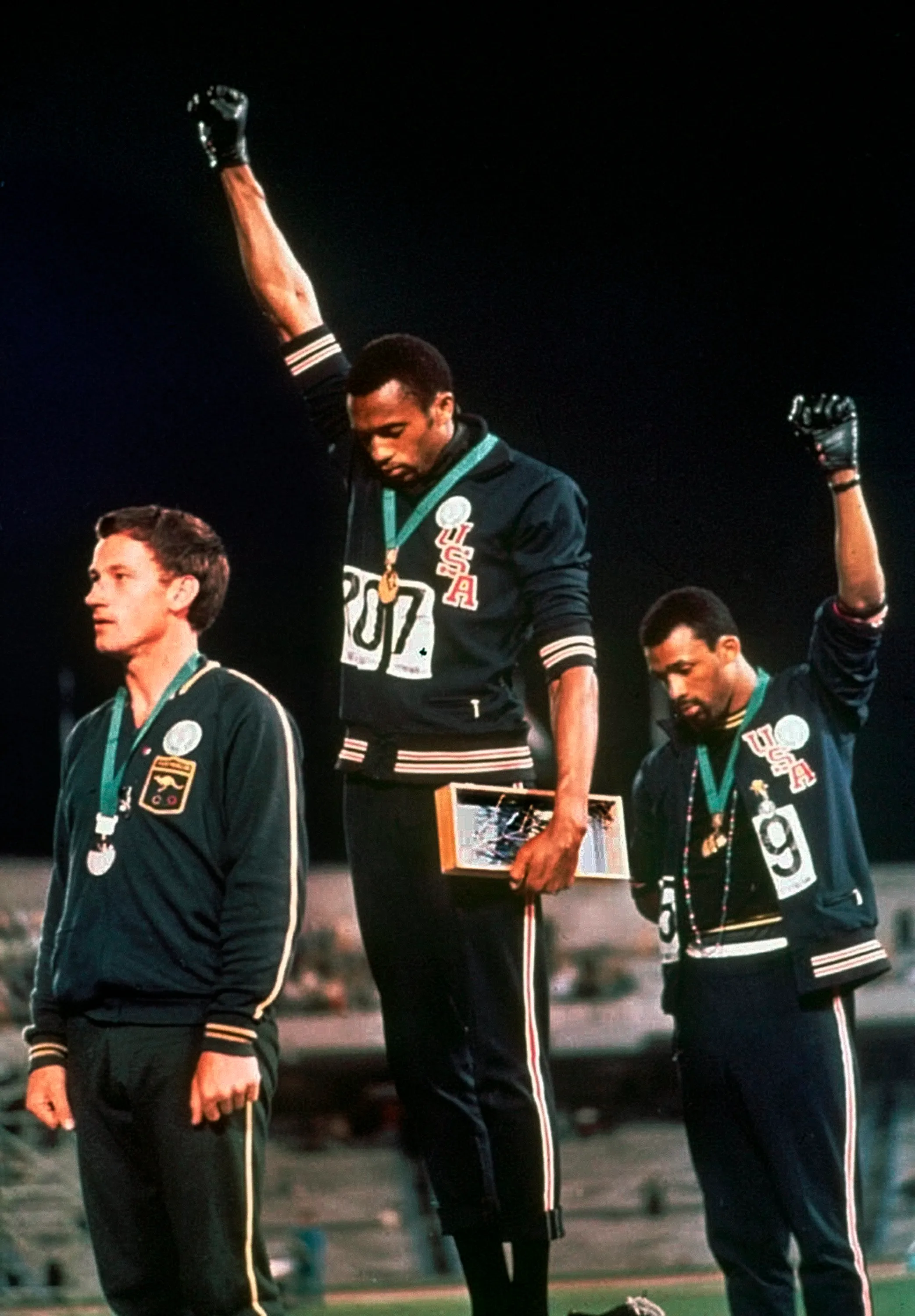
The 1968 Mexico City Olympics is remembered for the iconic Black Power salute by African-American athletes Tommie Smith and John Carlos. Their silent protest against racial discrimination in the United States was a powerful political statement that sent shockwaves around the world.
The Ping Pong Diplomacy
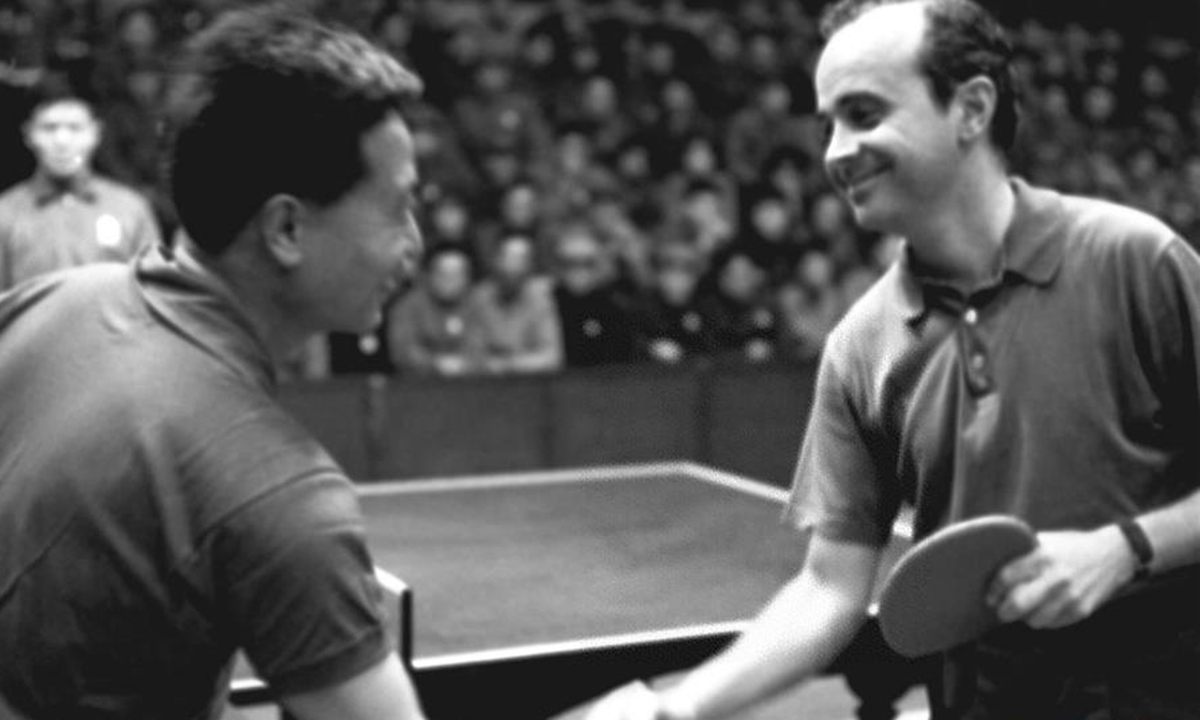
In 1971, amidst the Cold War, a seemingly innocuous game of table tennis between the United States and China led to a thaw in their strained relations. This event, known as the Ping Pong Diplomacy, demonstrated the potential of sports to bridge political divides.
The 1972 Munich Olympics
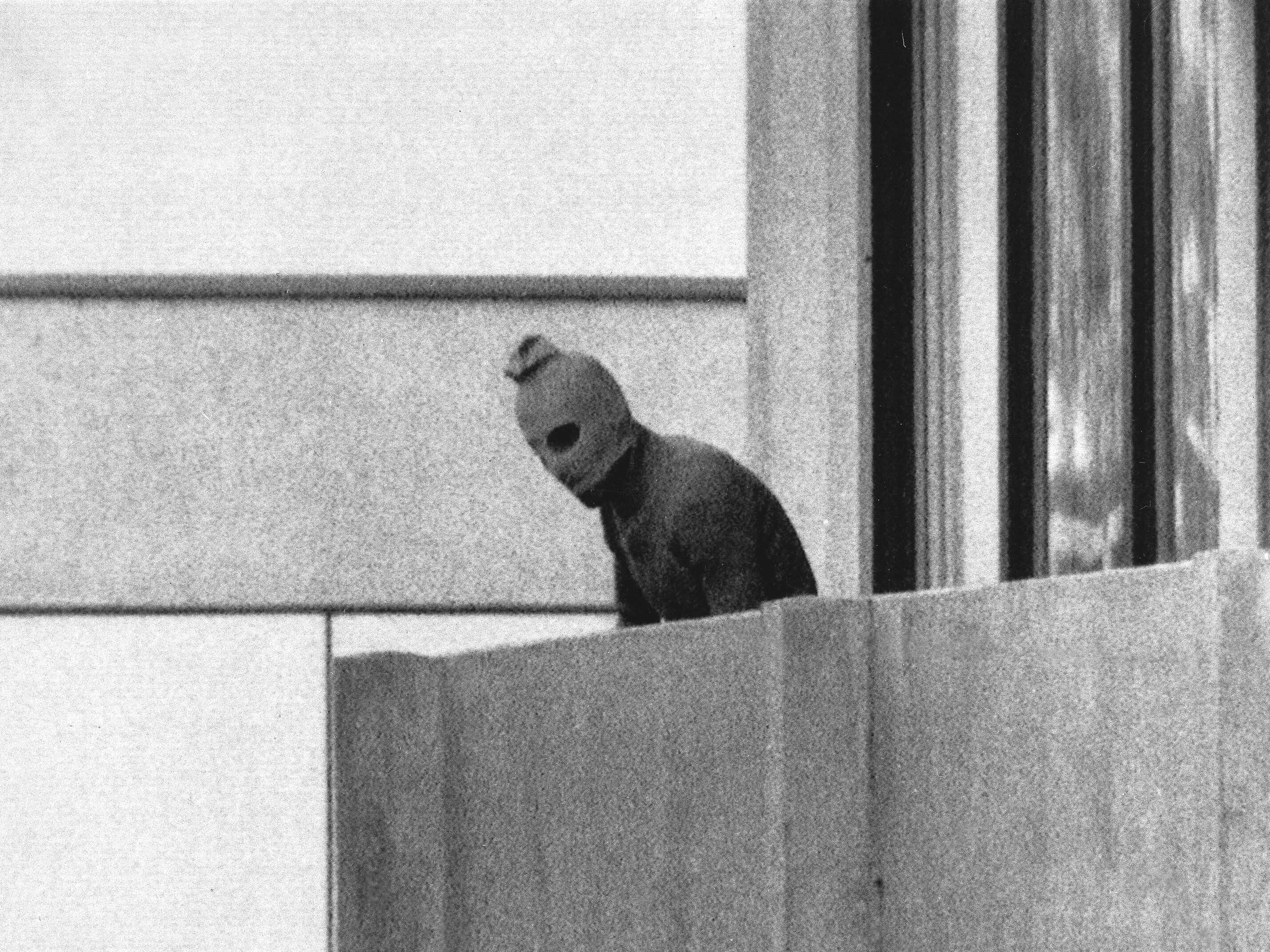
The 1972 Munich Olympics was marred by a horrific terrorist attack by Black September, a Palestinian terrorist group. Eleven members of the Israeli Olympic team were taken hostage and eventually killed. This tragic incident underscored the vulnerability of sports events to political violence.
The 1980 Moscow Olympics Boycott
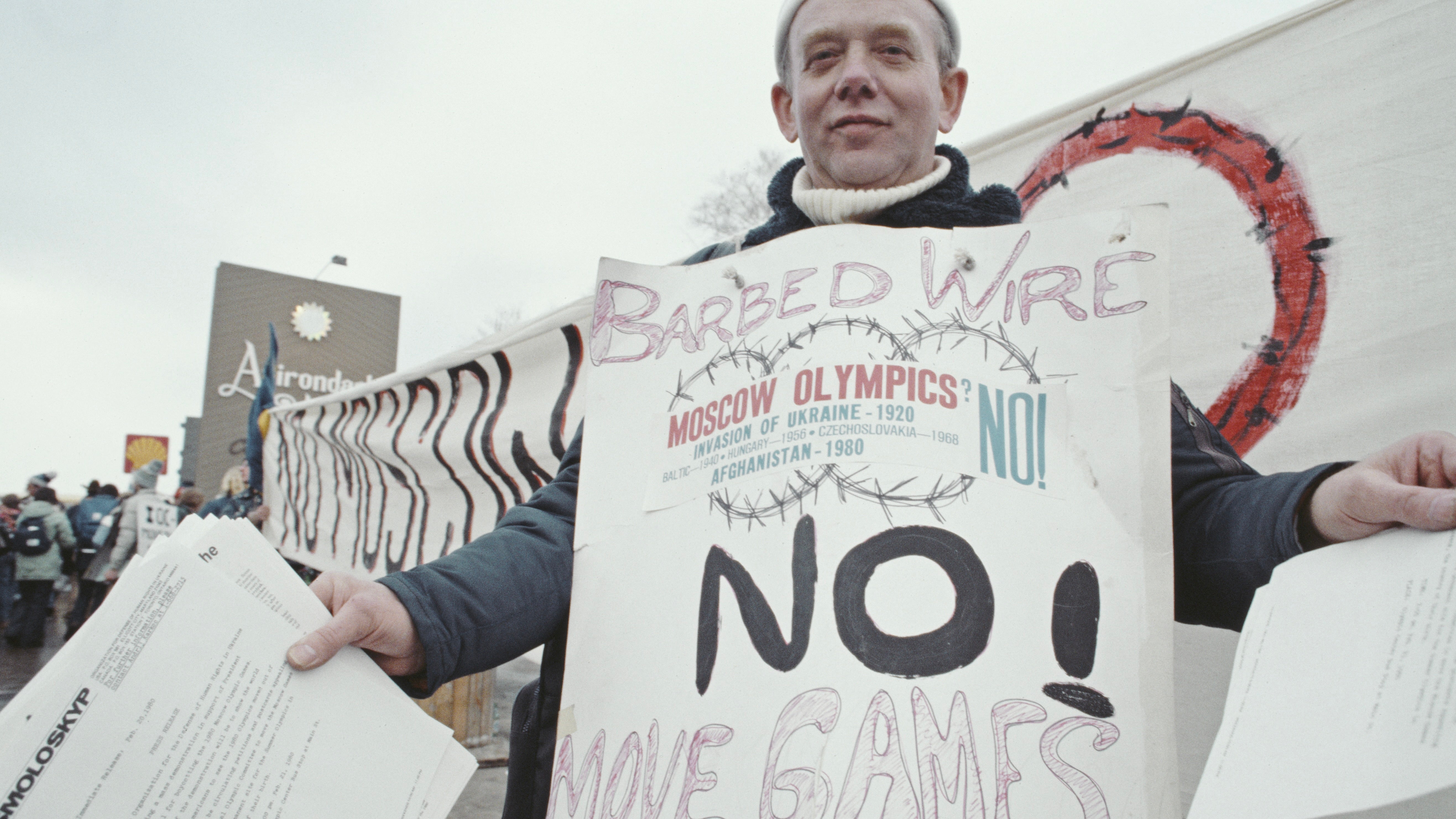
The 1980 Moscow Olympics Boycott was a significant political event in the Cold War era. The United States led the boycott in protest of the Soviet Union's invasion of Afghanistan. This incident highlighted the use of sports as a tool for political protest.
The 1984 Los Angeles Olympics Retaliation
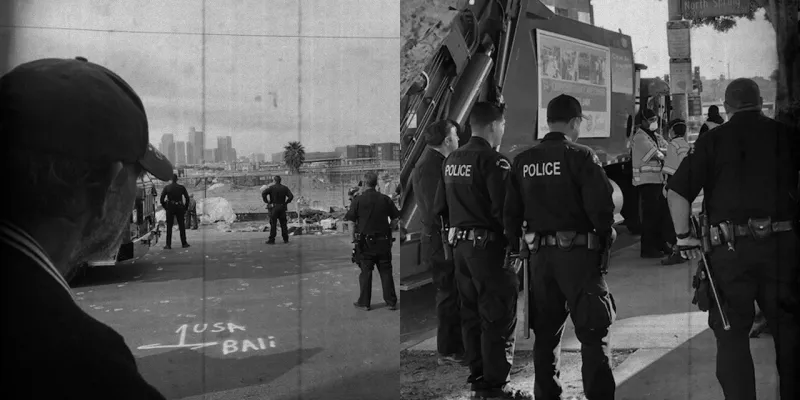
In retaliation to the 1980 boycott, the Soviet Union and fourteen Eastern Bloc countries boycotted the 1984 Los Angeles Olympics. This tit-for-tat boycott further escalated the political tensions between the two superpowers.
The Zola Budd Incident
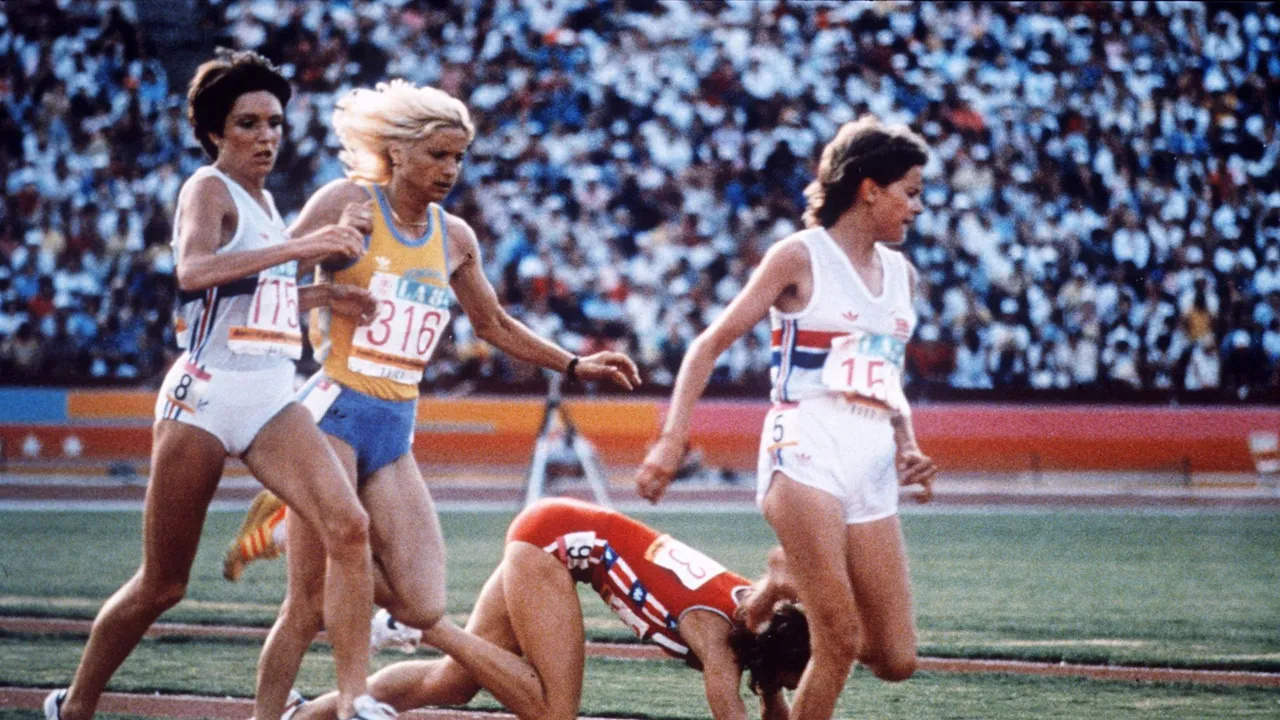
In 1984, South African athlete Zola Budd, competing for Great Britain, collided with American runner Mary Decker in the 3000m race at the Los Angeles Olympics. This incident sparked a political controversy due to Budd's South African origins and the ongoing apartheid regime in South Africa.
The 1988 Seoul Olympics
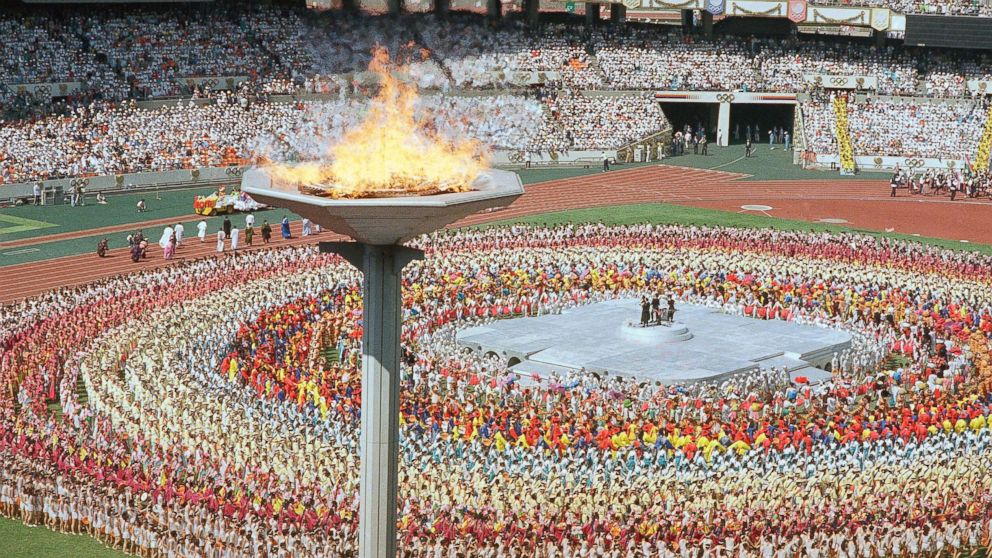
The 1995 Rugby World Cup
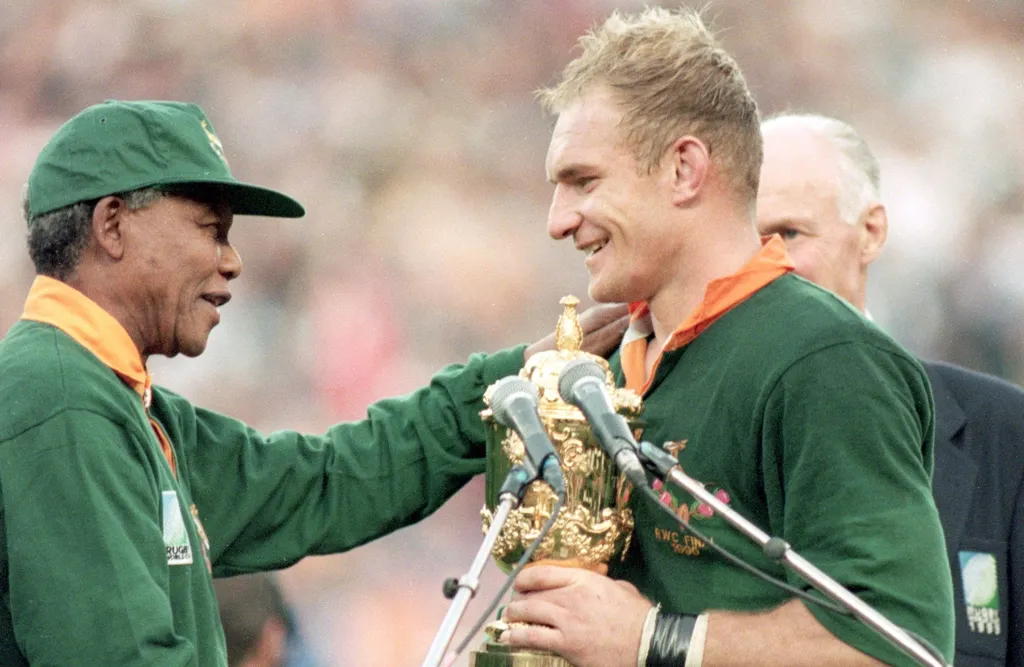
The 1995 Rugby World Cup in South Africa was a seminal moment in the country's post-apartheid era. Nelson Mandela's gesture of wearing the Springbok jersey, a symbol of white Afrikaner nationalism, was a powerful act of reconciliation.
The 2008 Beijing Olympics
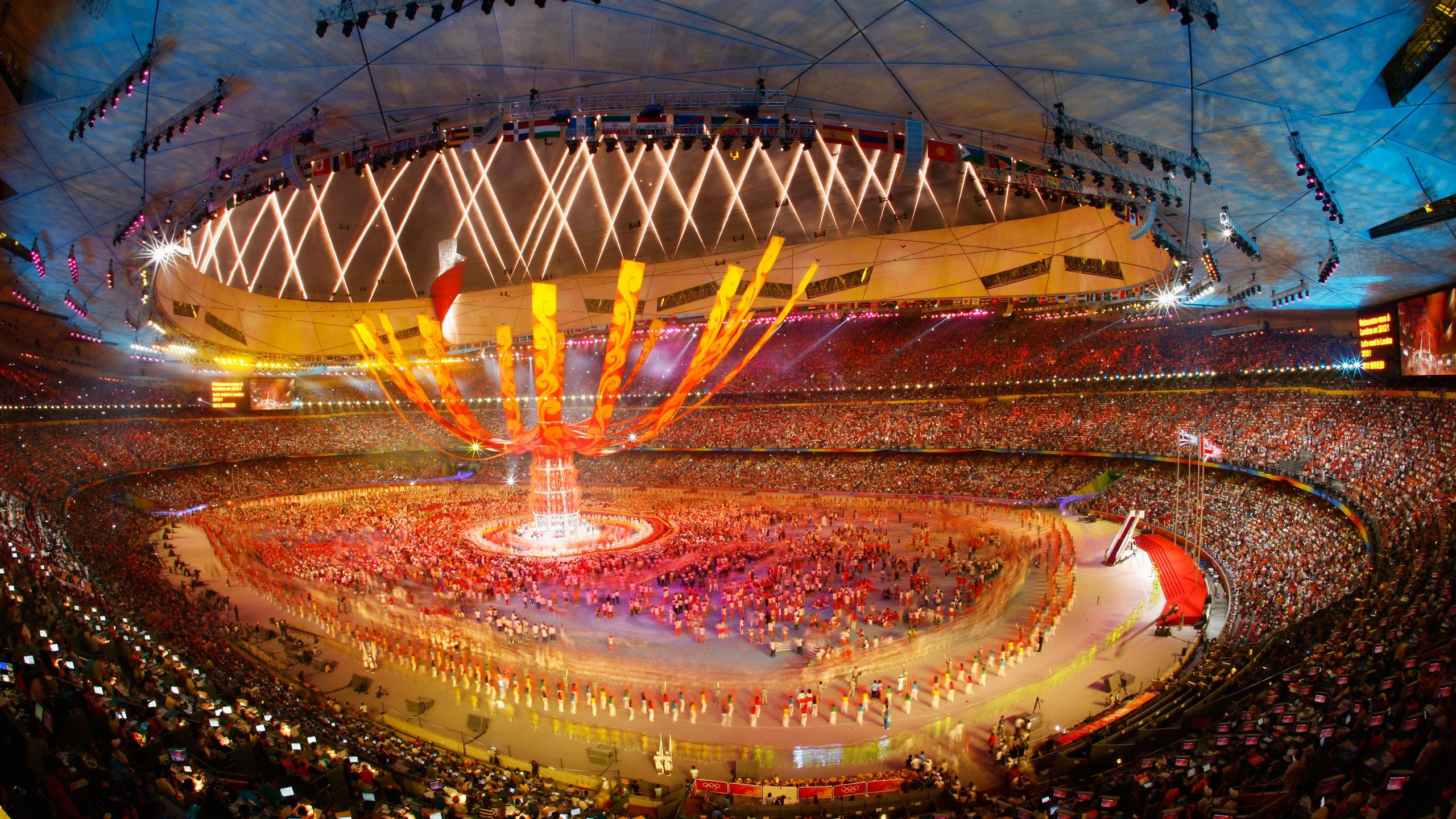
The 2008 Beijing Olympics was a significant political event for China. The successful hosting of the games marked China's emergence as a global superpower. However, the event was also marred by protests over China's human rights record and its policy on Tibet.
The 2014 Sochi Olympics
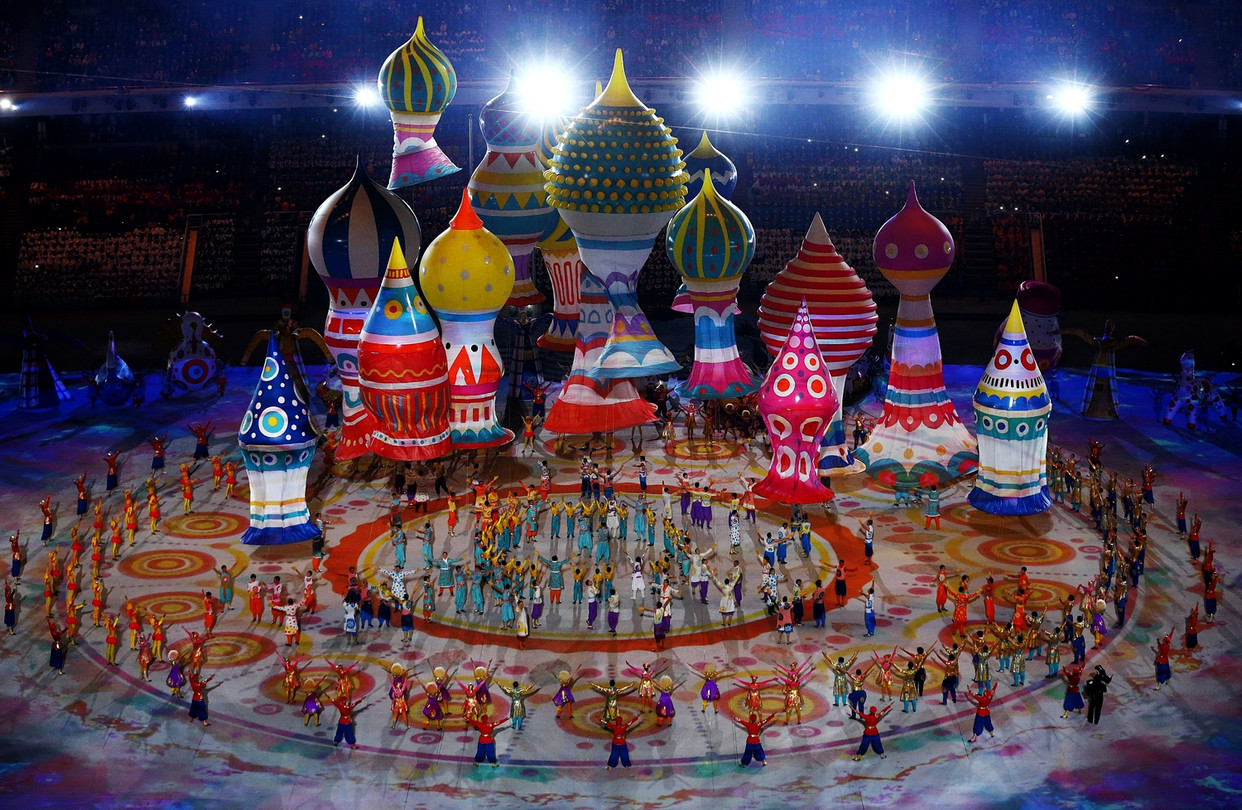
The 2014 Sochi Olympics was marked by political controversies over Russia's anti-LGBT laws. Several countries and athletes protested against these laws, highlighting the intersection of sports and human rights.
The NFL Kneeling Protests
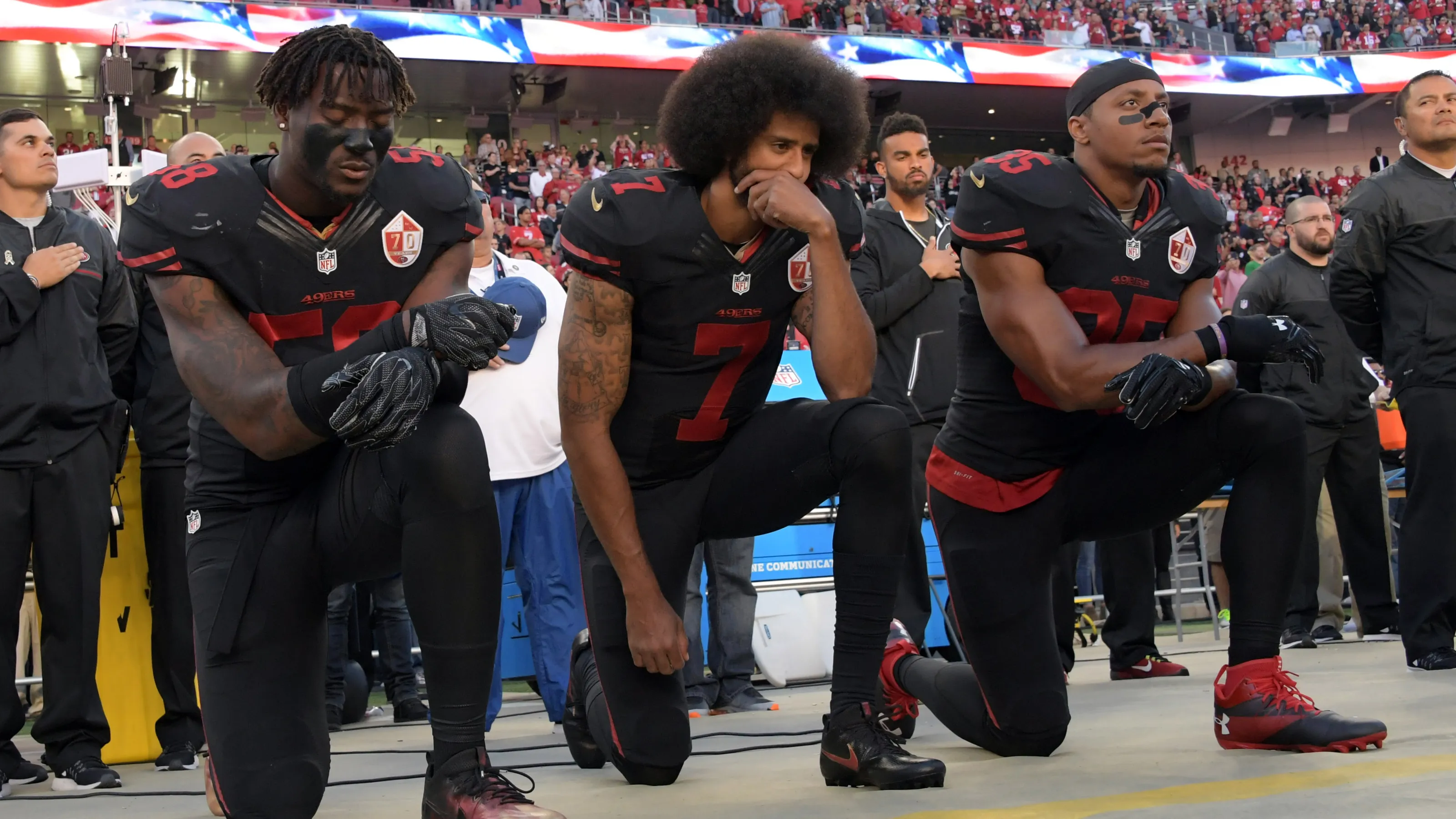
The NFL kneeling protests, initiated by Colin Kaepernick in 2016, was a powerful political statement against racial injustice and police brutality in the United States. This incident sparked a nationwide debate on the intersection of sports and politics.
The 2018 PyeongChang Olympics
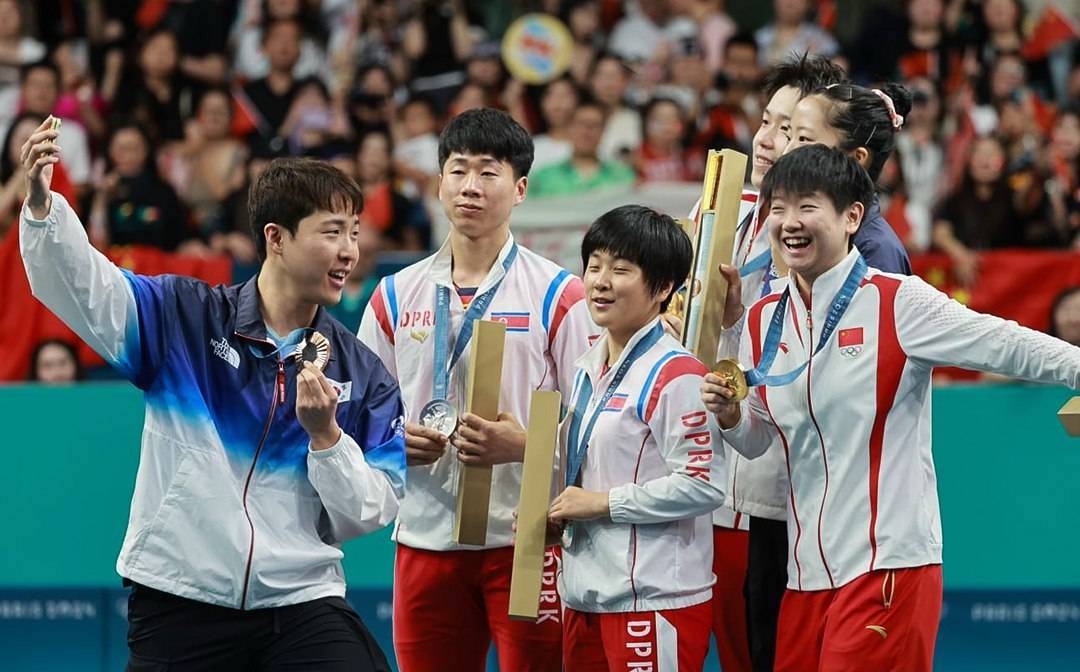
The 2018 PyeongChang Olympics saw a rare moment of unity between North and South Korea. The two countries marched under a unified flag, demonstrating the potential of sports to bridge political divides.
The 2022 Beijing Olympics Boycott Calls
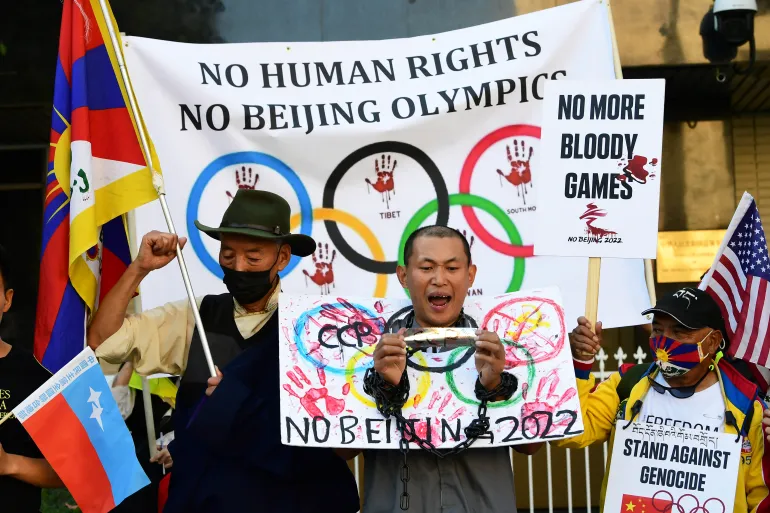
As the 2022 Beijing Olympics approaches, there have been calls for a boycott due to China's human rights abuses. This ongoing controversy highlights the continued intersection of sports and politics.
The Impact of COVID-19 on Sports

The COVID-19 pandemic has had a significant impact on sports, leading to the postponement of major events like the 2020 Tokyo Olympics. The pandemic has also highlighted the role of politics in sports, with debates over the handling of the crisis and the prioritization of athletes for vaccination.
The Fight for Equal Pay in Women's Sports
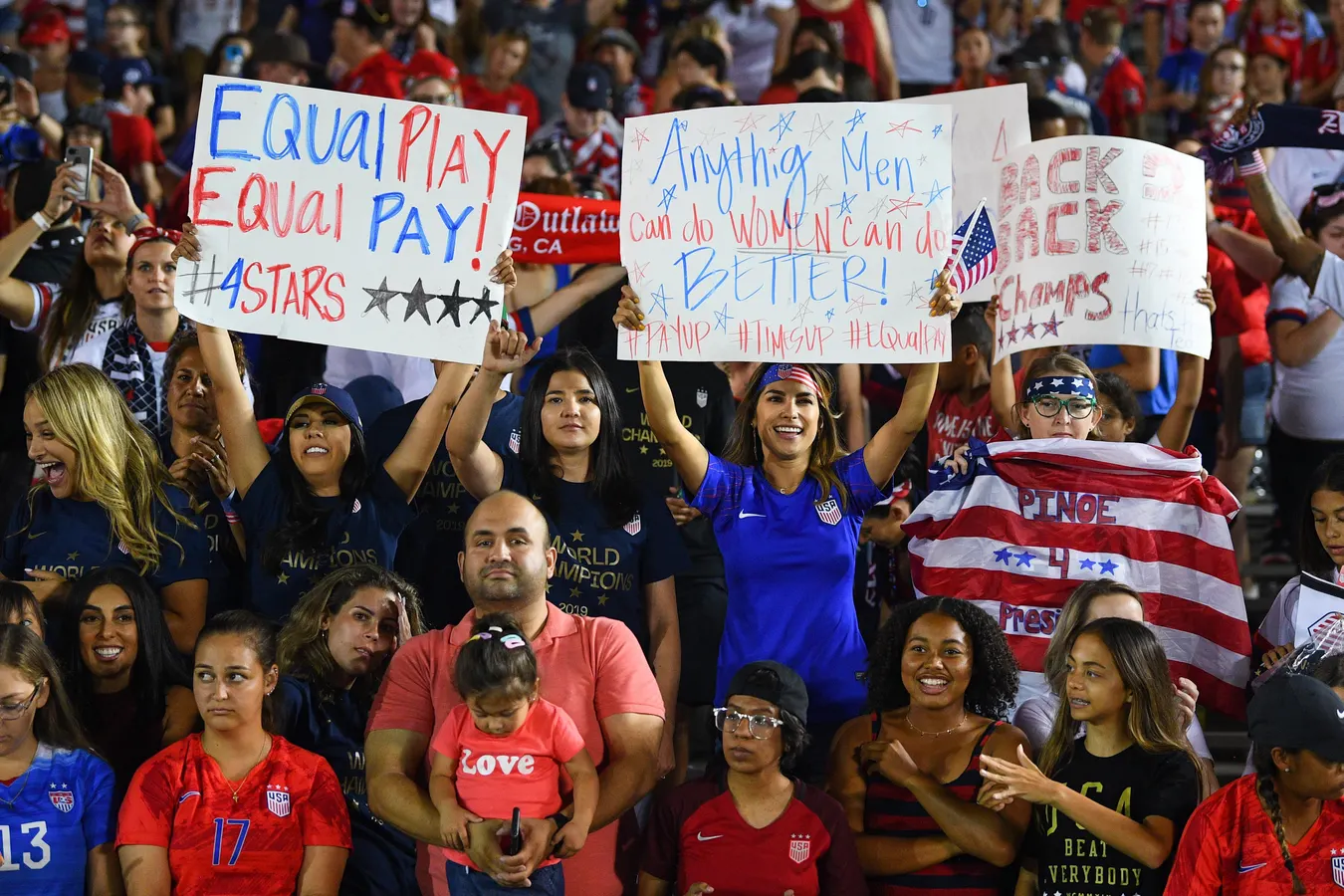
The fight for equal pay in women's sports, particularly in soccer, has become a significant political issue. This struggle highlights the intersection of sports, politics, and gender equality.
The Role of Athletes in Political Activism
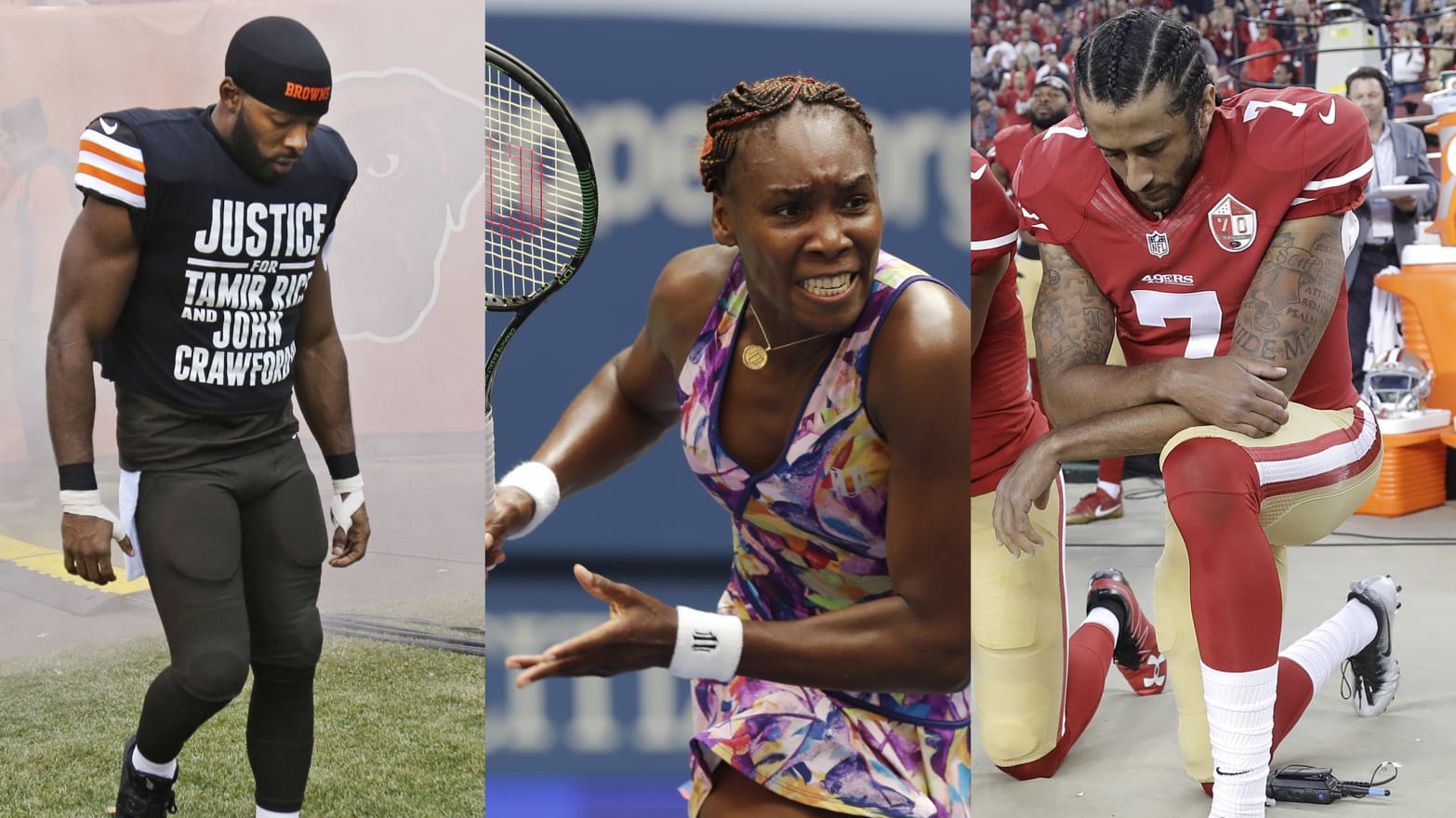
In recent years, athletes have become increasingly involved in political activism, using their platform to raise awareness on issues such as racial injustice, climate change, and human rights. This trend underscores the growing intersection of sports and politics.
From the 1936 Berlin Olympics to the ongoing fight for equal pay in women's sports, these eighteen incidents demonstrate the intricate relationship between sports and politics. They highlight the potential of sports to influence politics and vice versa, shaping society in the process. As we move forward, this intersection is likely to become even more prominent, with athletes playing a larger role in political activism and sports events continuing to be platforms for political statements.

